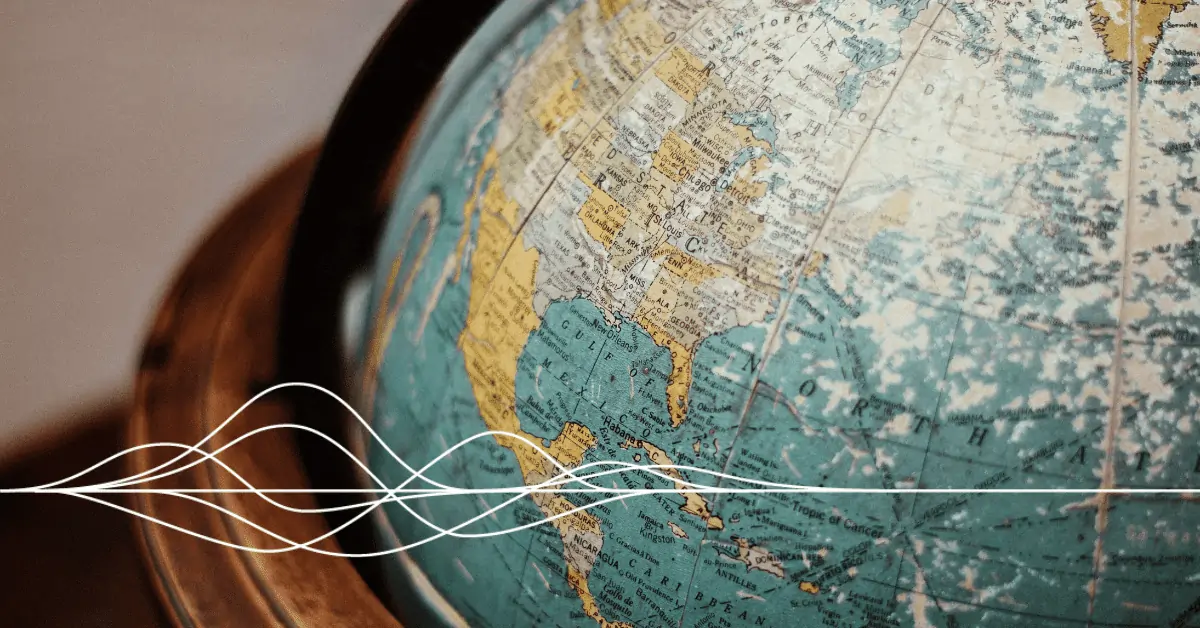
How to get compliant with the Italian Whistleblowing Law
While legislation around the world differs, many countries protect those who expose wrongdoing with specific whistleblower laws. In our mini-series, we will have a look at some of the different whistleblowing laws around the world.
Whistleblowing is when a person (often an employee) reveals information about an organisation, usually reporting that something illegal or unsafe is happening. Typically, for a claim to be categorised as whistleblowing, the matter needs to be in the public interest. This means that it affects more people than just those in the company or sector. Most whistleblowers reveal their findings internally within the company. The ones we hear about most often, however, are those who have shared their stories with the media.
In 2019 the EU passed the Whistleblowing Directive that companies with more than 250 employees had to implement by December 2021. Companies with between 50 and 250 employees were given an extra two years to comply. However, EU member states are still working on updating their laws to fall in line with the Directive’s contents.
Companies must provide the following:
The Directive also states that any companies that obstruct whistleblowers or fail to keep their identity confidential should face severe penalties (to be determined by the individual country’s legislators).
More about national whistleblower laws in the EU here.
The United States has many whistleblower protection laws of its own, and workers and contractors are guaranteed freedom of speech as well as protection from retaliation. Alongside these laws is the unusual addition of a ‘bounty’ programme (also found in other countries, such as in Singapore, for reporting cartels). This means that whistleblowers can receive financial rewards if their claim against their employer is successful. To qualify for this programme, matters must be raised either online through specific portals, or by emailing or posting a specific form. Some of these awards are even available to whistleblowers from outside the US.
Unlike in the EU, federal law does not require privately-owned companies to have any special whistleblowing channels or follow any procedures. Another key point to note is that in the US, the union movement is particularly strong. Additional legal protection may be provided for union members.
Among the countries with a record of poor legislative protection for whistleblowers, Canada might be seen as an unlikely entry. In fact, it ranked joint worst, with Lebanon and Norway, in a 2021 report by the International Bar Association. Although Canada passed a whistleblowing law in 2005, the Canadian government has been accused of having neither effectively used, nor reviewed its system. There is a Public Servants Disclosure Protection Act (PSDPA) in place, but this was also strongly criticised in a report in 2017 by the Centre for Free Expression.
The United Kingdom has a history of powerful whistleblowing laws such as the Public Interest Disclosure Act from 1999 (PIDA). These are focused on protecting the whistleblower from any retaliation (in a similar way to the laws in New Zealand) but does not focus on following any particular procedures.
The specific nature of whistleblowing in the UK has also been revised, so that reported issues must be seen as being in the public interest (affecting the wider public) to count as whistleblowing. Claims may cover criminal offences, failure to comply with a law, injustices, health and safety breaches, environmental damage or even covering up wrongdoing within these categories.
As of January 2020, the UK is no longer a member of the EU. However, there are still many UK companies that may be required to comply with the EU Directive in line with the UK-EU Trade and Co-operation Agreement. It is possible that the UK government could take this agreement into account when reviewing its own legislation.
In Australia, the identity of any whistleblowing employees must be kept confidential by law (except in certain cases). Australian whistleblowing legislation doesn’t specify any reporting methods or procedures. It does, however, include protection for whistleblowers who disclose an ‘improper state of affairs,’ such as breaches of company code.
Additionally, from January 2020, the Corporations Act expansion stated that certain types of entities (for example public companies) are required to have a whistleblower policy. This policy must contain information about legal protection, as well as the procedure of investigations.
New Zealand recently updated its Protected Disclosures Act from 2000, on 1 July 2022. The updated protection of whistleblowers is similar to the EU Whistleblowing Directive in many aspects.
Key changes include new and more detailed obligations for the receiver of whistleblower reports to acknowledge receipt, consider and deal with the matter, inform the discloser, and provide reasons for the decision. It also enables whistleblowers to make a disclosure directly to an appropriate authority and extends the definition of “serious wrongdoing.” Similarly to the EU Whistleblower Directive, protection is available even if the whistleblower is mistaken. This is provided the disclosure was made in good faith.
Are you looking for a safe and secure whistleblowing solution or would you like to discuss a whistleblowing system for your organisation? Please book a free demo of our system!
Pokud máte nějaké komentáře k tomuto článku nebo se chcete dozvědět více o systému Whistlelink, rádi si vyslechneme váš názor.
Společnost Whistlelink si váží vašeho soukromí. Budeme vás kontaktovat pouze ohledně našich řešení.Z odběru se můžete kdykoli odhlásit. Další informace naleznete v našich Zásadách ochrany osobních údajů.


Nice to meet you!

VI TRÄFFAR DIG GÄRNA

Piacere di conoscervi

Z PRZYJEMNOŚCIĄ SPOTKAMY SIĘ Z TOBĄ


NE BUCURĂM DE CUNOȘTINȚĂ

ENCATADOS DE CONOCERTE

WIR FREUEN UNS AUF SIE!

ENCHANTÉ DE VOUS CONNAÎTRE !

TĚŠÍ NÁS, ŽE VÁS POTKÁVÁME
Vaše soukromí je pro nás důležité. Budeme vás kontaktovat pouze v případě, že se to týká našich řešení.
Předplatné můžete kdykoli zrušit. Další informace naleznete v našich Zásadách ochrany osobních údajů.

HAPPY TO MEET YOU!
Whistlelink values your privacy. We will only contact you about our solutions.
You may unsubscribe at any time. For more info, please review our Privacy Policy
